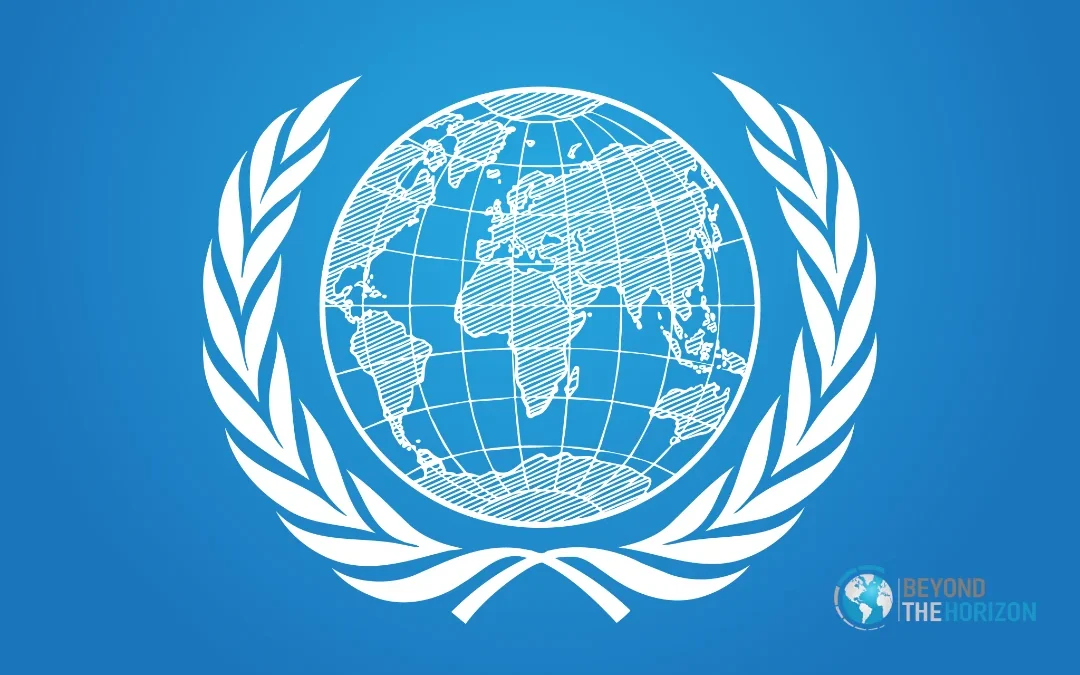On 24 February 2018, United Nations Security Council (UNSC) released a resolution to cease hostilities without delay for at least 30 consecutive days, ensuring a “durable humanitarian pause” to enable humanitarian aid deliveries and medical evacuations of the critically sick and wounded. However, second article of the resolution placed an exception for military operations against the Islamic State in Iraq and the Levant (ISIL, also known as Da’esh), Al Qaeda (AQ) and Al Nusra Front (ANF), and all other individuals, groups, undertakings and entities associated with AQ or ISIL, and other terrorist groups, as designated by the Security Council.
At the political side, US Ambassador to UN Nikki Haley pointed out that the US wants nothing more than to see the ceasefire in this resolution implemented immediately across the country. While she expressed her frustration at the Russian efforts to delay the ceasefire, Russian side mentioned the initiatives that they involved in and blamed the US-led so-called coalition that is in Syria illegally.
For the Russians, although they supported the UNSCR in principal, they added that there can be no ceasefire on New York’s instructions without any concrete agreements between Syrian parties.
Russian Foreign Minister Sergey Lavrov noted that the Syrian Army will continue against the terrorist organizations of ISIL and ANF and the groups associated with them since UNSCR 2401 (2018) excepted them.
Ministry of Turkish Foreign Affairs implicitly implied that Turkey will continue its operations in Afrin region against Syrian Democratic Forces (SDF led by PYD) by stating that “Turkey will remain resolute in fighting against the terrorist organizations that threaten the territorial integrity and political unity of Syria.” And according to Syrian state media SANA Turkey continues operations despite UNSCR.
After seeing ineffectiveness of ceasefire call, High Representative of the EU for Foreign Affairs and Security Policy, Federica Mogherini, decided to send a letter to the three foreign ministers of the guarantors of the Astana process – Russia, Turkey and Iran – to ask them to work for the implementation of the UNSCR.
On the ground, Russia, the pro-regime forces, Coalition and SDF (led by PYD) are the parties that benefit from the ceasefire. While Russia, Coalition, and the pro-regime forces are highly likely to continue their operations against ISIL, AQ, and ANF, Turkey will have to cease its operations against SDF since the latter has not been mentioned explicitly in UNSCR 2401(2018). SDF who recently had to confront pro-regime forces in east of Deir Ezzor and Turkish Forces/FSA in Afrin now can focus on ISIL enclaves in its region. But SDF is skating on thin ice. Turkey declared that it will continue conducting counter-terrorism operations against SDF. In this case, the repercussions are yet to be seen.
Ironically enough, Turkish Armed Forces mentions ISIL as one of the targeted terrorist organizations since the beginning of Operation Olive Branch in order legalize the operation although there is no ISIL militant seized so far in the targeted areas. Additionally, UNSCR 1624 (2005), 2170 (2014) and 2178 (2014) which used as the base for Operation Olive Branch are only targeting ISIL, ANF and other individuals, groups, undertakings, and entities associated with AQ.
The emergence of Jabhat Tahrir Souriya (JTS) as a credible force to compete and fight HTS will result in more bloody conflicts among the two jihadi networks in northwestern Syria in the coming days. Weakening and causing separation from HTS will further give operational freedom to pro-regime forces in other sectors.
Unfortunately, the dire situation seems to remain same for the civilians. Unless this UNSCR 2401(2018) is tightened to comprehensive humanitarian aid plan, deterioration in the current humanitarian situation will not be reversed.


